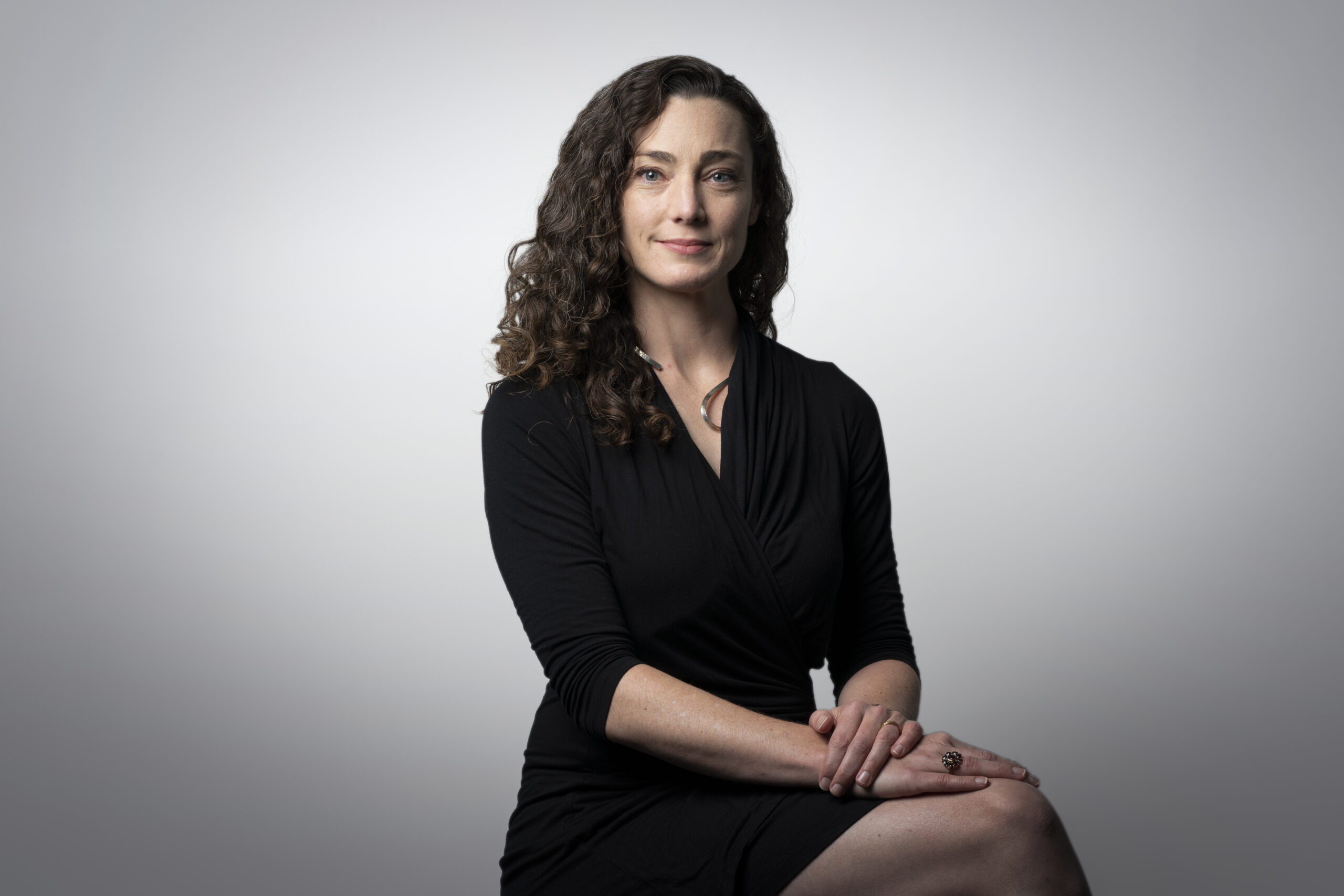Emily Harding is deputy director and senior fellow with the International Security Program at the Center for Strategic and International Studies (CSIS). She joined CSIS from the Senate Select Committee on Intelligence (SSCI), where she was deputy staff director. In her nearly 20 years of government service, she has served in a series of high-profile national security positions at critical moments. While working for SSCI, she led the Committee’s multiyear investigation into Russian interference in the 2016 elections. The five-volume, 1,300-page report reshaped the way the United States defends itself against foreign adversaries seeking to manipulate elections, and it was lauded for its rigor, its thoroughness, and as the only bipartisan effort on election interference. During her tenure on the Committee, she also served as the subject matter expert on election security, counterintelligence and associated cybersecurity issues, and the Middle East. She oversaw the activities of 18 intelligence agencies and led SSCI staff in drafting legislation, conducting oversight of the intelligence community, and developing their expertise in intelligence community matters.
She began her career as a leadership analyst at CIA, and then became a manager of analysts and analytic programs. She led the Iraq Group during the attempted Islamic State takeover of Iraq and Syria and led a multidisciplinary group of analysts working crises worldwide, drawing from many perspectives to provide rich analysis to policymakers. During a tour at the National Security Council, she served as executive assistant to the deputy national security adviser for global democracy strategy and then as director for Iran, where she led interagency efforts to create innovative policies drawing on all elements of national power. After leaving the White House, she served on a team running the first Office of the Director of National Intelligence-led presidential transition, where she was responsible for liaising with both campaigns and briefing the incoming administration on a wide range of intelligence topics. Harding holds a master’s degree in public policy from Harvard University’s Kennedy School of Government and a bachelor’s degree in foreign affairs from the University of Virginia.

